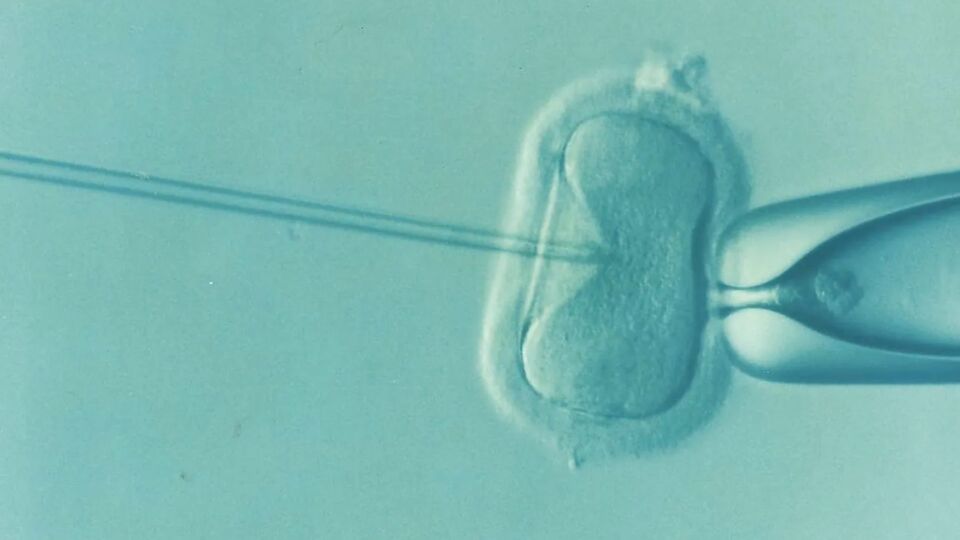Women, Family, and Community Development Deputy Minister Aiman Athirah Sabu informed the Dewan Negara today that male infertility issues in the country have reached an alarming level.
She cited sperm analysis data from the National Population and Family Development Board, which found that 60 percent of the tests showed abnormal results.
“This directly contributes to the increase in fertility problems in married couples in Malaysia,” Bernama quoted her as saying.
“At the same time, the birth rate in our country also showed a downward trend over the last 40 years, and it is closely related to the fertility rate, with the data from the Department of Statistics Malaysia showing 1.7 children per every married woman in 2021,” she said during the question and answer session.
The statement was made in response to a question from Senator Dr Dominic Lau Hoe Chai regarding the ministry’s efforts to address the declining birth rate.
Aiman Athirah elaborated that, in October of last year, the Men Wellness Clinic began operating at the board’s subfertility clinic in the federal capital.
This service will be expanded to six other LPPKN clinics in the peninsula and Sarawak later this year. According to her, the initiative has resulted in 6,000 pregnancies and 4,000 births, which is on par with international fertility treatment centers.
“This clinic offers health screening services, consultation for sexual problems and healthy living practices, as well as medical treatment to increase fertility.
“To help married couples deal with fertility problems, the board has been offering fertility treatment since 1979, namely at the subfertility clinic in Penang for the northern zone, in Kuala Lumpur for the central zone and in Johor for the southern zone,” she said.
According to Aiman Athirah, the initiative has resulted in 6,000 pregnancies and 4,000 births so far, which is on par with international fertility treatment centres.
She also stated that several factors contribute to the decline in the fertility rate, including changes in lifestyle and the high cost of living, the participation of women in the labor force, and late marriage leading to shorter windows of opportunity for reproduction.
ALSO CHECK OUT:




